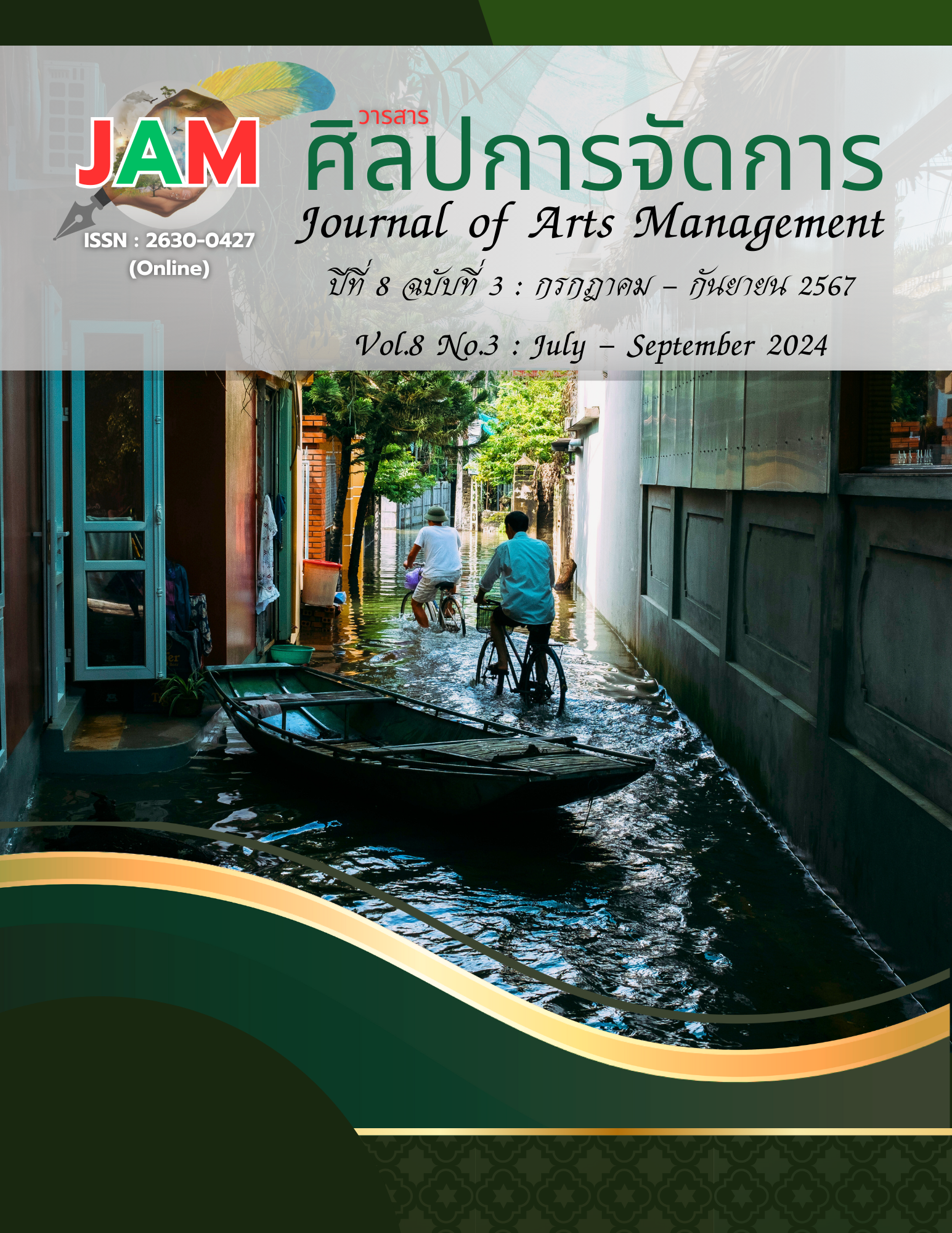Factors Affecting Self Discipline of Surin Vocational College Students Office of the Vocational Education Commission
Main Article Content
Abstract
The purpose of this research was to study the self-discipline of first-year vocational certificate students at Surin Vocational College. To find the relationship between students' self-discipline behavior and all 5 factors. The research instrument was a 5-point rating scale questionnaire using the Likert method. It has a reliability value of.914. Data were analyzed using a social science package using the average standard deviation and tested the hypothesis by using the Pearson Product-Moment Correlation Coefficient and Stepwise Multiple Regression Analysis. Finding ways to develop students' self-discipline, the statistics used to analyze qualitative data include content analysis. The tools used to collect data were semi-structured interviews and statistics. The results of the research found that: 1) factors affecting student self-discipline overall, all 5 areas are at a high level. Considering each aspect, it was found that the greatest aspect was family upbringing. 2) The relationship between students' self-discipline behavior and the factors affecting student self-discipline. All 5 factors have a positive relationship with statistical significance at a high level. 3) Factors that affect students' self-discipline: it was found that 3 factors affect students' self-discipline. And 4) analysis of the target group revealed that 11 department heads in 11 fields have guidelines for developing students' self-discipline through cooperation between families. Educational institutions for training inculcate responsibility for one's duties in students.
Article Details

This work is licensed under a Creative Commons Attribution-NonCommercial-NoDerivatives 4.0 International License.
Views and opinions appearing in articles in the Journal of Arts of Management It is the responsibility of the author of the article. and does not constitute the view and responsibility of the editorial team I agree that the article is copyright of the Arts and Management Journal.
References
Chaichet, S. (2021). Conditions, problems and guidelines for operational development for student discipline enhancement in schools under the Buengkan primary educational service area office[Master’s thesis, Sakon Nakhon Rajabhat University].
Decharit, C. (2018). A study of the experiences of junior high school students with discipline problems at a Pathum Thani school[Doctoral dissertation, Rangsit University].
Kannasorn, S., & Penvutikul, P. (2021) Professional values and code of ethics affecting the success of accountants in the central Thailand. Sisaket Rajabhat University Journal, 15(2), 1-18. https://so05.tci-thaijo.org/index.php/sskrujournal/article/view/251630
Karik, K. (2021). The development of social competency of elementary students through group activities[Master’s thesis, Srinakharinwirot University].
Luangrach, B. (2017). Factors affecting to self-discipline of students of opportunity expansion school in Phra Nakhon Si Ayutthaya [Master’s thesis, Silpakorn University].
Luemsri, B. (2020). The behavior enhancing students’ social skills in Bang Bon District, Bangkok. Faculty of Business Administration, Ramkhamhaeng University.
Linjee, C., Homkaew, K., & Boon-iam. (2020). Knowledge and professional skills of accountants at the certified accounting practice in Thailand. Journal of Arts Management, 4(1), 34-45.
Mowrer, O. H. (1954). The psychologist looks at language. American Psychologist, 9(11), 660–694. https://doi.org/10.1037/h0062737
Oumsuysri, K. (2021) Personal and social environmental factors related to well-being and self-care behavior among elderly people in nursing homes[Master’s thesis, Srinakharinwirot University].
Senpeng, N. (2013). Participatory action research to develop student discipline at Nawaratkitpittayanusorn school, office of secondary education area 22[Master’s thesis, Sakon Nakhon Rajabhat University].
Worakitkasemsakul, S. (2011). Applied statistics for behavioral and social science research. Aksornsilp.


